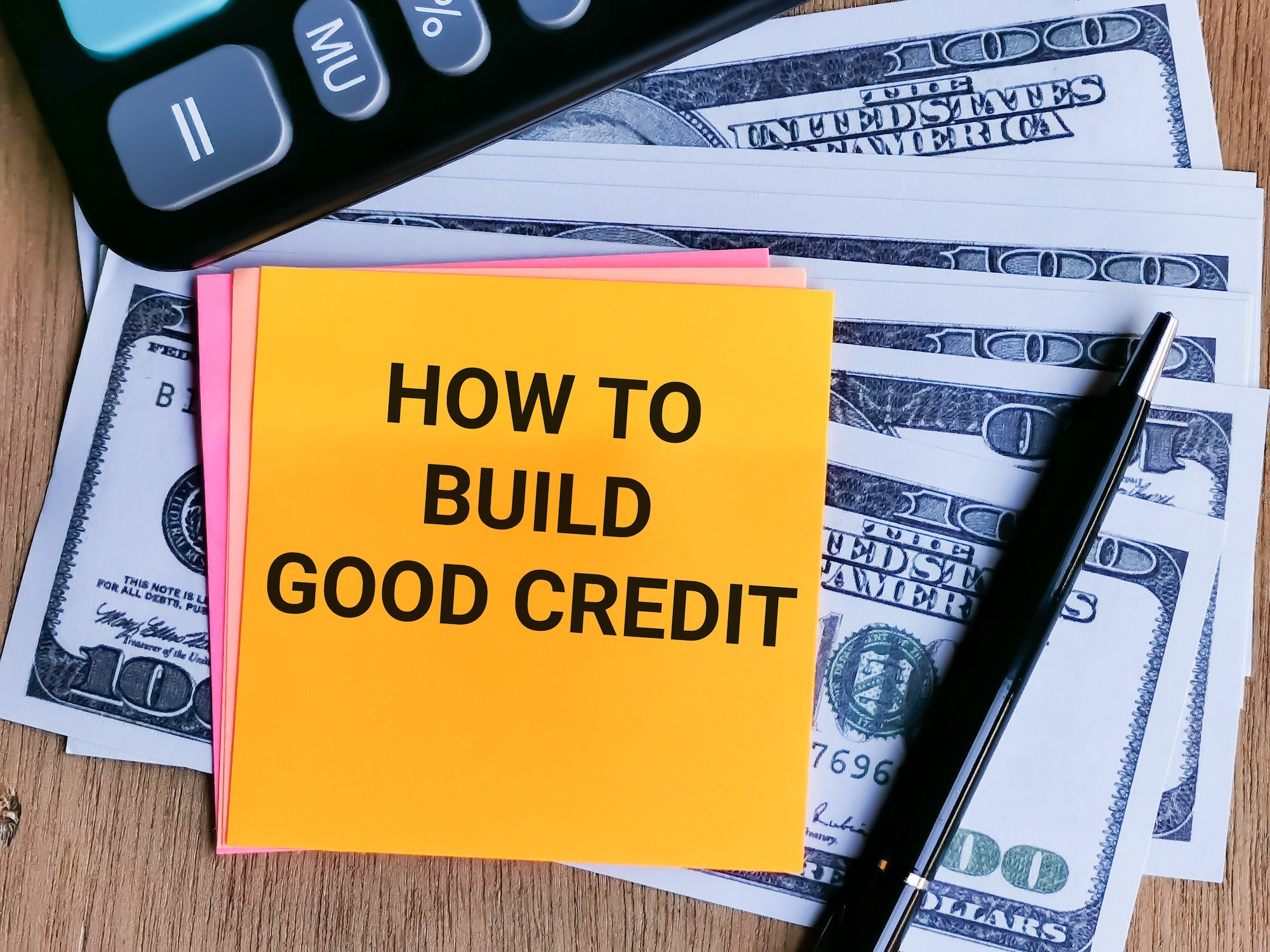
You’re about to embark on a thrilling journey into the world of credit! Getting your first credit card can seem daunting, but don’t worry. This guide’s here to help you navigate the twists and turns.
We’ll walk you through everything from understanding credit basics to choosing the right card for you. You’ll learn smart spending habits and discover how to monitor and improve your credit score.
Ready? Let’s start building your financial future!
Key Takeaways
- Compare card benefits, annual fees, and rewards to choose the right first credit card.
- Use your credit card for everyday purchases, take advantage of category bonuses, and pay on time to make the most of your first credit card.
- Set a monthly spending limit, monitor your transactions, and aim to pay off your balance in full each month to develop smart spending and payment habits.
- Regularly check your credit report, pay bills on time, reduce debt, and monitor your credit score to improve your credit score and build credit early.
Understanding Credit Basics
You’ve got to understand the basics of credit before you dive into getting your first credit card. Credit isn’t just a plastic card; it’s an agreement you make with a lender that you’ll pay back what you borrow, plus interest and fees in some cases.
To navigate this financial tool effectively, there are certain credit terminologies you must familiarize yourself with.
Firstly, your ‘credit limit’ is the maximum amount your card issuer allows you to borrow. Going above this limit can incur penalties and damage your credit score. Your ‘credit balance’, on the other hand, is the amount of money you owe at any given time.
Next comes ‘Interest’. This is where understanding rates becomes crucial! The ‘Annual Percentage Rate (APR)’ represents how much interest accrues on your unpaid balance each year. If you’re diligent in paying off your balance each month, this won’t be an issue for you. However, if not paid promptly or only partially paid, that’s when the interest kicks in – adding more to what you owe.
Finally, let’s talk about ‘Minimum Payment’. It’s typically a small percentage of your total outstanding balance that needs to be paid monthly to avoid late fees. Be aware though: making only minimum payments will lead to more accrued interest over time!
In essence, understanding these key terms helps maintain good financial health and ensures smart usage of your first credit card. Remember: responsible borrowing begins with knowledge!
Choosing the Right First Credit Card
It’s essential to pick a suitable starter plastic that aligns with your financial goals and spending habits. There are several choices out there, but not all of them might be ideal for you. The trick is to make an informed decision based on card benefits comparison and annual fee considerations.
Start by examining the card benefits comparison charts readily available online. These comprehensive tables will let you see at a glance what each credit card offers in terms of rewards, interest rates, introductory offers, and more. Are you someone who travels frequently? Then maybe a card offering travel rewards would suit you best. Or if you’re a big spender on groceries or gas, look for cards that offer cash back on those categories.
Next comes annual fee considerations. Some cards come with hefty yearly costs that can eat into your potential rewards. Consider whether you’ll use the card enough to justify paying an annual fee. If not, there are plenty of credit cards out there with no annual fees at all.
Don’t forget about interest rates either – they can really add up over time if you’re not careful! And remember: while building credit is important, it’s also crucial to avoid accumulating debt.
Making the Most of Your First Credit Card
Once you’ve chosen a suitable plastic, making the most of it involves smart spending habits and diligent payment routines. You can maximize your rewards and avoid fees by being proactive in managing your card.
Here’s a strategy to help:
- Reward Maximization
- Use your card for everyday purchases: Paying with credit for routine expenses like groceries or gas can rack up rewards quickly. Just remember to pay off the balance each month.
- Leverage category bonuses: Many cards offer bonus points or cash back on certain categories. Find out what your card offers and plan your spending accordingly.
- Fee Avoidance
- Always pay on time: Late payments often trigger hefty fees and can hurt your credit score. Set reminders or automate payments to avoid this.
- Stay within your credit limit: Going over the limit may result in additional charges, plus it reflects poorly on your credit usage ratio.
Understanding these practices will not only help you make the most of your first credit card but also build strong financial habits for the future. Remember, it’s not just about having a piece of plastic; it’s about using it intelligently to enhance your financial health while avoiding unnecessary costs. Your first credit card is an opportunity to start building a robust financial foundation – make sure you’re taking full advantage of that chance!
Smart Spending and Payment Habits
Smart spending and payment habits are essential for making the most of any financial tool. You might find your credit card to be a practical resource when used wisely.
Firstly, budgeting strategies play a vital role in smart spending. By setting a monthly limit on your credit card expenditure that aligns with your income and necessary expenses, you can prevent overspending. It’s important to remember that the available credit isn’t free money but rather borrowed funds. As such, it’s crucial to keep track of your transactions and review your monthly statement thoroughly.
Using your credit card for planned purchases helps you avoid impulse buying, which often leads to debt accumulation. If possible, try incorporating an expense tracking app or spreadsheet into your routine to monitor where every penny goes.
Debt prevention is another key aspect of smart payment habits. Aim to pay off your balance in full each month, not just the minimum amount due. This way, you avoid paying interest charges, which can pile up over time if left unattended.
Late payments are another pitfall you should steer clear of as they tarnish your credit score and may attract penalty fees. Setting reminders or automatic payments can safeguard against this risk.
Monitoring and Improving Your Credit Score
You’ll find that consistently checking and working on enhancing your financial rating is key in maintaining a healthy credit score. Monitoring your credit score closely, you can track and understand any score fluctuations that occur over time. This not only helps in keeping tabs on how well you are managing your finances but also aids in early detection of potential issues such as identity theft.
Here’s a list of four actions you can take to monitor and improve your credit score:
- Regularly Check Your Credit Report: Keep an eye out for any discrepancies or unfamiliar entries which could be signs of identity theft. You’re entitled to a free report from each of the three major credit bureaus every year.
- Pay Bills On Time: Late payments can drastically affect your credit score. Set up reminders or automatic payments to ensure you never miss a deadline.
- Reduce Debt: High balances on cards can negatively impact your score, even if you make regular payments. Aim to keep card balances low and pay off debt rather than moving it around.
- Don’t Close Unused Cards: Unless they carry an annual fee, keep old accounts open as long as possible since the age of these accounts positively influences your total score.
Frequently Asked Questions
What Are the Potential Risks of Getting a Credit Card at a Young Age?”
Getting a credit card at a young age can be risky. You’re still forming your spending habits, so it’s easy to overspend and fall into debt.
Additionally, you may not fully understand the high interest rates attached to most cards. This lack of knowledge could lead to unexpected costs if you don’t pay off your balance in full each month.
It’s crucial to educate yourself about these potential pitfalls before diving into the world of credit.
What Happens if My First Credit Card Gets Lost or Stolen?”
If your first credit card gets lost or stolen, you’ll need to initiate the card replacement process immediately. Contact your credit card company, report the incident, and they’ll cancel your old card. They’ll also investigate any fraudulent activities tied to your account.
Are There Any Alternative Ways to Build Credit Without a Credit Card?”
Yes, there are other ways to build credit without a credit card.
You can do so by paying your rent and utility bills on time. Regular, timely payments can positively impact your credit history.
You may also consider getting a loan or a line of credit from your bank.
Keep in mind, it’s crucial to always make payments on time as late or missed payments can negatively affect your credit score.
How Does Having a Co-Signer on My First Credit Card Affect My Credit Score?”
When you’re standing on shaky credit ground, a co-signer is your lifeline. They can shore up your credit score by sharing the responsibilities of your card.
However, it’s a double-edged sword. If they misuse the card or if your credit utilization ratio skyrockets, it’ll pull down both of your scores.
What Are the Consequences of Closing My First Credit Card?”
Closing your first credit card could hurt your credit score. When you close a card, it reduces your available credit, potentially raising your utilization rate.
Also, remember that age of credit matters for scoring. If this was your oldest card, you’d lose that history.
Consider the annual fee impact and the card replacement process before taking such a step. It’s vital to understand these aspects to make informed decisions on managing your credit health.
Conclusion
So, you’re worried about using a credit card for the first time? Don’t be. It’s a crucial step in building your financial future. Just remember to choose wisely, spend smartly and pay diligently.
Keep an eye on your credit score too. Master these habits and you’ll be well on your way to establishing solid credit early – setting you up for success down the line.
Trust us, it’s easier than you think!




